Discover how the Air India Flight 171 crash investigation could reshape Boeing’s future and global aviation safety. Explore key findings, regulatory impacts, and what this means for airlines, pilots, and passengers. Stay informed with the latest updates on Boeing and aviation standards. How the Air India Flight 171 Crash Investigation Could Make or Break Boeing’s Future in Aviation Safety?
The Air India Flight 171 Crash: A Turning Point for Boeing and Aviation Safety
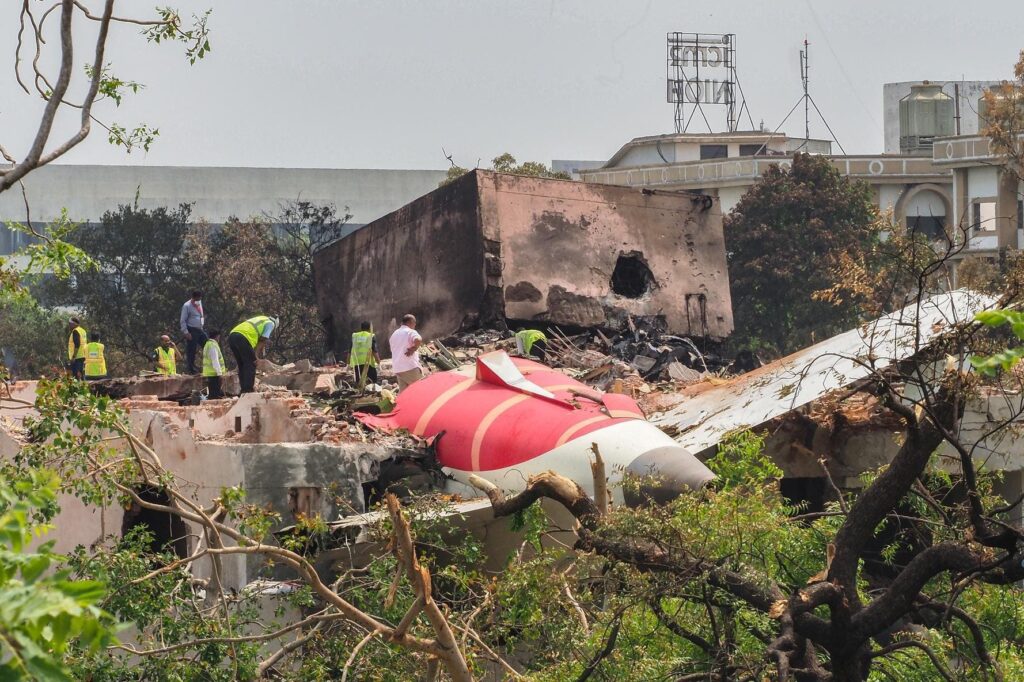
The Air India Flight 171 crash is a watershed moment for both Boeing and the global aviation industry. This tragic event has forced all stakeholders to reevaluate their commitment to aviation safety and aircraft reliability. As the investigation unfolds, the world’s attention is focused on Boeing’s response and the broader implications for airline safety standards.
- Highlights the critical importance of aircraft engineering and maintenance.
- Intensifies scrutiny on Boeing’s safety protocols and manufacturing processes.
- Drives airlines worldwide to review their own flight safety procedures.
- Prompts regulatory authorities to consider stricter oversight of commercial aviation.
- Sets the stage for new aviation safety benchmarks and best practices.
This incident serves as a reminder that continuous improvement in aviation safety is non-negotiable. The lessons learned from Air India Flight 171 will likely shape future regulations and foster a culture of safety across the airline industry.
How the Boeing 787 Dreamliner Is Under Scrutiny After the Air India Crash?
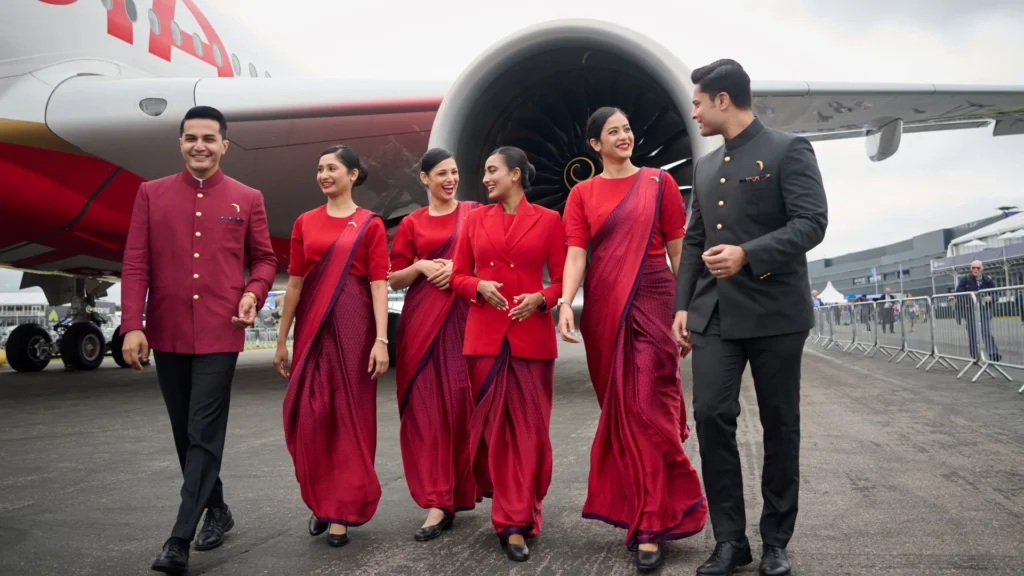
The Boeing 787 Dreamliner, renowned for its advanced technology, is now under the microscope following the Air India Flight 171 accident. Aviation authorities and airlines are reevaluating the Dreamliner’s safety features and operational history to determine if there are underlying issues that need to be addressed.
- Aviation authorities are reviewing the Dreamliner’s design and safety record.
- Airlines are reassessing maintenance and pilot training protocols for the 787.
- The crash raises questions about engine reliability and avionics systems.
- Potential findings could impact future aircraft sales and airline partnerships.
- Passenger confidence in the Dreamliner is being closely monitored.
The outcome of the investigation will influence not just Boeing’s reputation, but also the future of wide-body aircraft in commercial aviation.
Key Factors Investigated in the Air India Flight 171 Accident

The investigation into the Air India Flight 171 crash is comprehensive, with experts analyzing multiple factors that could have contributed to the tragedy. Every detail, from technical malfunctions to human error, is being examined to ensure a thorough understanding of the event.
- Possible simultaneous engine failure or bird strike is under review.
- Investigators are analyzing flap settings and their impact on lift.
- Maintenance records are being scrutinized for procedural errors.
- Flight data and cockpit voice recorders are critical for reconstructing events.
- Crew actions and emergency response protocols are being evaluated.
By identifying the root causes, investigators aim to prevent similar aviation accidents and enhance global flight safety standards.
Impact of the Air India Crash Investigation on Boeing’s Reputation and Aircraft Sales
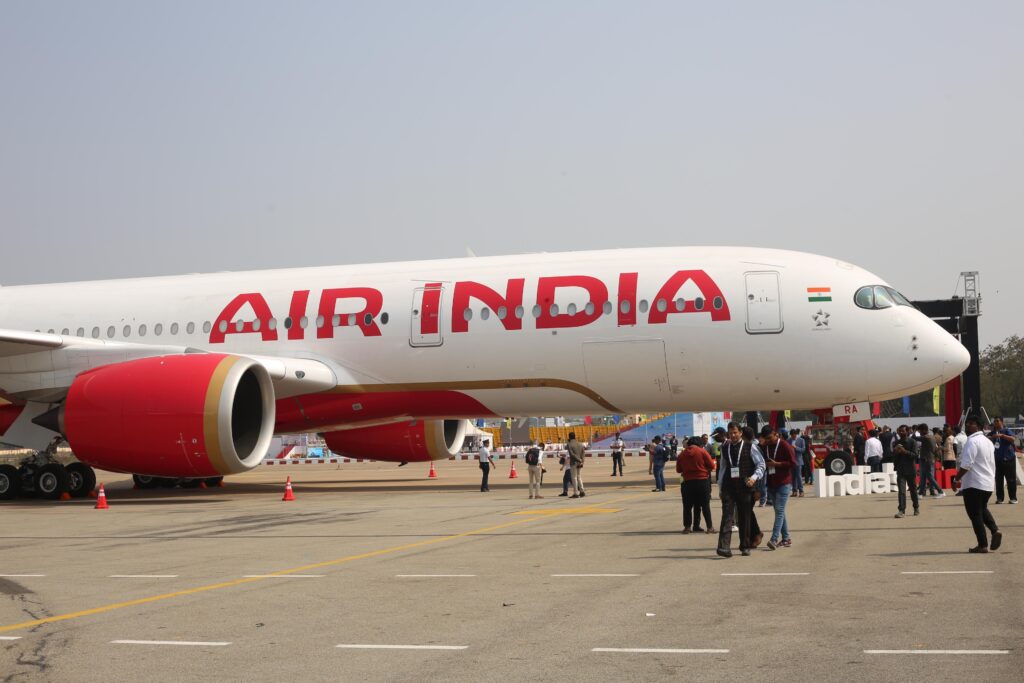
The findings from the Air India Flight 171 investigation will have a direct impact on Boeing’s brand image and commercial success. Airlines, regulators, and passengers are all watching closely to see how Boeing responds to the crisis.
- Negative findings could erode trust in Boeing’s aircraft reliability.
- Airlines may delay or reconsider new aircraft purchases.
- Regulatory agencies might impose stricter certification requirements.
- Boeing’s share price and market position could be affected.
- Transparent communication and swift corrective action are vital for recovery.
Boeing’s ability to address the investigation’s outcomes will determine its future in the competitive global aviation market.
Regulatory Challenges Facing Boeing After the Air India Flight 171 Tragedy
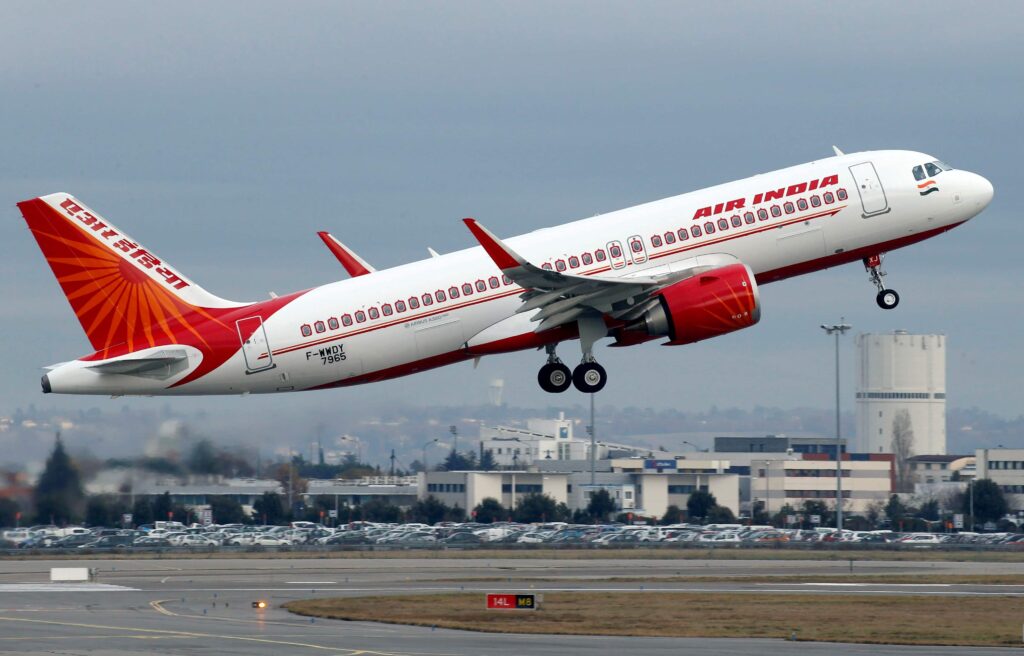
Boeing now faces heightened regulatory scrutiny as authorities seek to ensure that all safety standards are being met. The company must navigate a complex landscape of international regulations and compliance requirements.
- FAA, ICAO, and DGCA are intensifying oversight of Boeing’s practices.
- New certification and maintenance requirements may be introduced.
- Boeing could face increased costs and production delays.
- Collaboration with regulators is essential for compliance.
- Proactive safety improvements are necessary to restore confidence.
Addressing these regulatory challenges is crucial for Boeing to maintain its leadership in the aviation industry.
Lessons for Airlines and Pilots: Enhancing Flight Safety and Aircraft Maintenance
The Air India Flight 171 tragedy underscores the importance of rigorous flight safety protocols and ongoing training for pilots and maintenance crews. Airlines must ensure that their teams are fully prepared to handle emergencies and maintain the highest standards of aircraft upkeep.
- Comprehensive pilot training is essential for emergency preparedness.
- Regular simulator sessions and scenario-based training are recommended.
- Strict adherence to maintenance schedules prevents technical failures.
- Open communication and a culture of safety are vital for risk management.
- Continuous learning and improvement help prevent future incidents.
By applying these lessons, airlines and pilots can significantly enhance passenger safety and operational reliability.
What the Air India Crash Means for Future Boeing Aircraft Engineering?
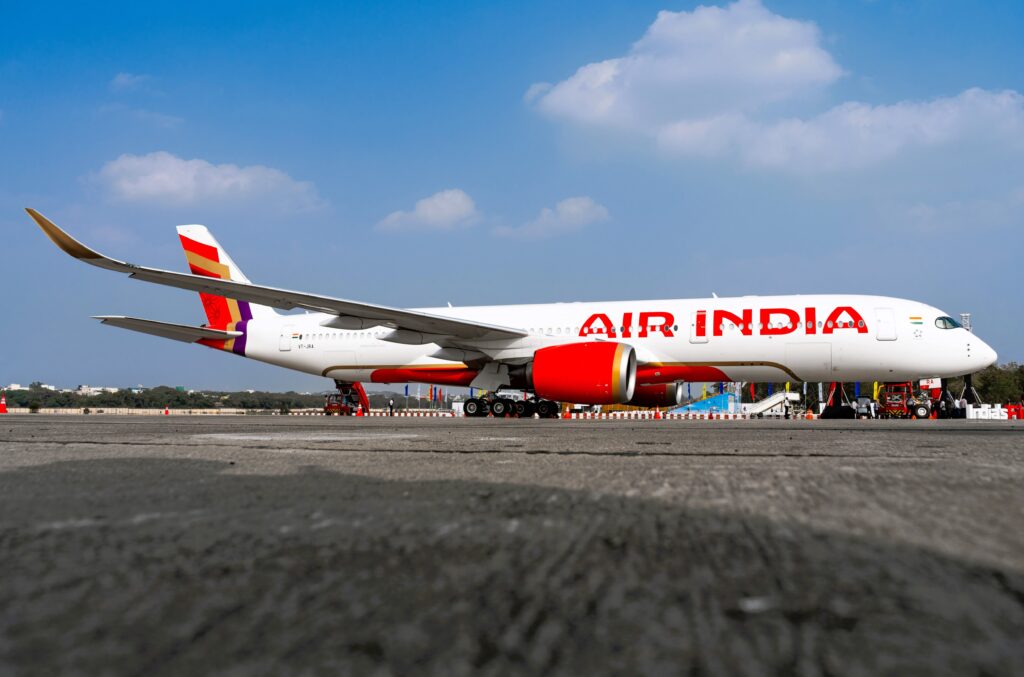
The crash will likely drive significant changes in Boeing’s approach to aircraft engineering and design. The company must prioritize safety innovations and proactive risk management to prevent similar incidents in the future.
- Thorough review of 787 Dreamliner systems and components is underway.
- Design modifications and software updates may be implemented.
- Investment in real-time health monitoring and predictive maintenance analytics.
- Enhanced pilot-assist systems and redundancy features are being considered.
- Commitment to continuous improvement in aircraft engineering.
These changes will help Boeing maintain its reputation for innovation and safety in the aerospace industry.
The Role of Aviation Authorities in Aircraft Accident Investigations
Aviation authorities are central to the investigation process, ensuring that every aspect of the crash is examined and that actionable recommendations are made to improve safety.
- AAIB, DGCA, FAA, and NTSB lead the investigation efforts.
- International protocols ensure systematic and unbiased analysis.
- Root cause identification and safety recommendations are top priorities.
- Findings inform updates to training programs and maintenance procedures.
- Transparent communication with the public is essential.
Their work helps set new standards for aviation safety and accountability worldwide.
How the Air India Flight 171 Crash Will Influence Global Aviation Standards

The Air India Flight 171 crash will likely prompt a reevaluation of global aviation standards, leading to stricter regulations and improved safety measures across the industry.
- International agencies may update aircraft certification requirements.
- Enhanced maintenance protocols and pilot training standards are anticipated.
- Harmonization of safety standards across regions is likely.
- Airlines and manufacturers will implement advanced safety technologies.
- Greater transparency and accountability will benefit passengers.
These changes will create a safer, more resilient global aviation system for all.
Boeing’s Path Forward: Rebuilding Trust After the Air India Flight 171 Disaster
Boeing’s recovery depends on its ability to demonstrate a renewed commitment to safety, transparency, and continuous improvement. The company must take decisive action to regain the trust of airlines, regulators, and the flying public.
- Honest assessment and swift implementation of corrective actions.
- Collaboration with regulatory authorities and industry partners.
- Investment in advanced safety technologies and training programs.
- Transparent communication with stakeholders and the public.
- Support for affected families and communities.
By learning from the Air India Flight 171 tragedy, Boeing can emerge stronger and set new standards for excellence in global aviation.
Conclusion: The Lasting Impact of the Air India Flight 171 Crash on Boeing and Global Aviation Safety
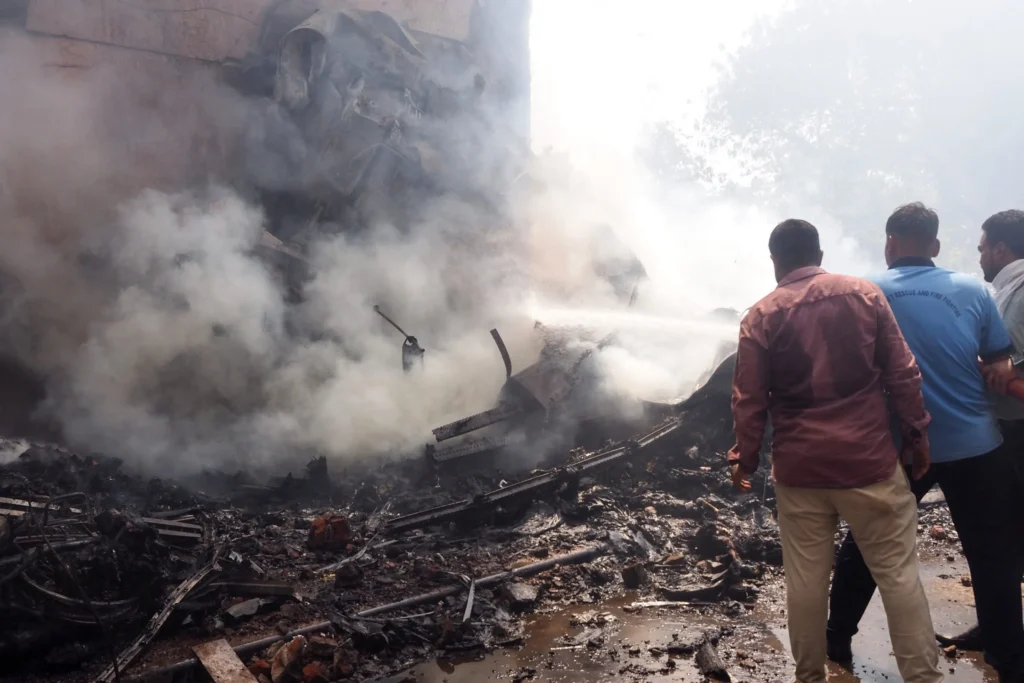
The Air India Flight 171 crash has become a pivotal moment for Boeing and the entire aviation industry. As the investigation continues, its findings will not only determine the root causes of this tragic aviation accident but also set new benchmarks for aircraft safety, engineering, and regulatory oversight. For Boeing, the stakes are immense—its reputation, future aircraft sales, and relationships with airlines and regulators all hinge on how transparently and proactively it addresses the outcomes of this investigation.
This tragedy underscores the need for continuous improvement in aviation safety protocols, pilot training, and aircraft maintenance standards. Airlines, aviation authorities, and manufacturers worldwide are closely monitoring the investigation, ready to implement necessary changes to prevent similar incidents in the future. The lessons learned from the Air India Flight 171 crash will drive advancements in aircraft engineering, regulatory practices, and industry-wide safety culture.
Ultimately, the legacy of Flight 171 will be measured by the aviation industry’s ability to learn, adapt, and ensure that every flight is safer than the last. Boeing’s response and the global adoption of enhanced safety measures will shape the future of commercial aviation, restoring passenger confidence and setting new standards for excellence in flight safety.

